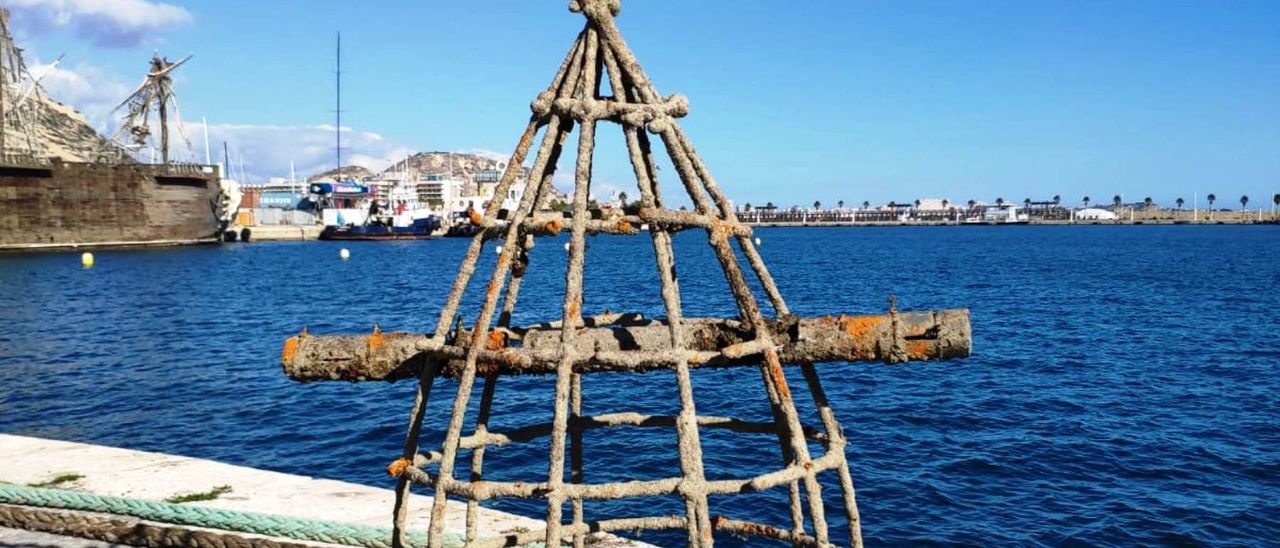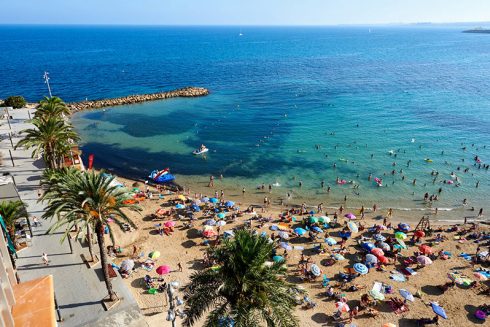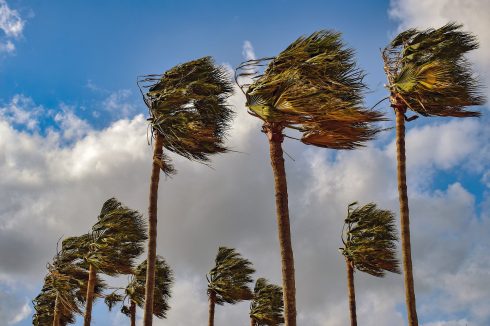AN artificial reef using electrolysis to regenerate Mediterranean marine life has been successfully tested in Alicante waters.
A team from the University of Alicante created the electrolytic reef made out of a light metal support that encourages the build up of a porous calcareous coating.
The coating consists of calcium carbonate and other salts that allow organisms like marine larvae and algae spores to stick to it.

The metal support is linked to an electric current generated by solar power.
It allows the electrolysis process to take place via the release of harmless chemicals to create the calcareous coating which attracts marine life.
The Alicante team says their creation allows degraded maritime habitats to be restored without releasing any polluting or toxic substances.
Tests in the Port of Alicante revealed that the organisms that attach themselves to the electrolysis-generated reef are far more diverse that for other similar structures.
Researchers said that the ‘large size of the prototype structure creates creates spaces that facilitate the protection and development of numerous organisms’.
The underwater structures can have any shape and can be assembled ‘on site’.
The new reef has already been registered with Spain’s Patent and Trademark Office.
READ MORE:
- 78% of coral reefs off Spain’s Costa Blanca ‘damaged’ by rising sea temperature, new study says
- Big government plan to fight pollution in the Mar Menor lagoon is announced in Spain’s Murcia region
Click here to read more Environment News from The Olive Press.








